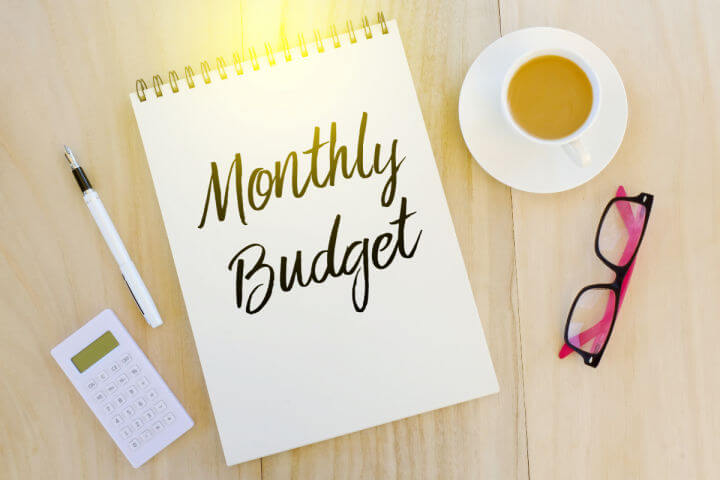
Getting into debt is easy. Getting out of debt is the hard part. Aside from declaring bankruptcy or settling debt, which will both damage your credit, getting out of debt equires strict money management and sacrifices. If you can follow a strict budget, you can get out of debt and learn good money management skills that will help you avoid debt in the future and help you achieve your financial goals.
Debt Payments First
Before you get into the specifics of your budget, pay yourself first.Make your debt payments first. Put aside enough to make your minimum monthly payment on all debts. Excess cash later will also go toward your debt.
Spending Categories
Set up categories for all spending. This will include fixed and variable expenses as well as necessary and unnecessary expenses. Possible categories will include:
- Rent or Mortgage
- Car Insurance
- Groceries
- Gas
- Cable
- Clothes
- Eating Out
For now, include all categories you spend money on, whether they are monthly expenses or not. If you want a step-by-step guide to creating a budget plus budgeting worksheets, check out Budgeting Made Easy.
Limit Spending
Place limits on each spending category. This is where you really start to cut back. Necessary fixed expenses like rent and car insurance will be the same no matter what. If possible, find a way to minimize these as well by talking to your insurance agent.
Variable expenses come as necessary expenses, such as gas, utilities, and food, and unnecessary expenses, such as eating out, clothes, movies, and fast food. Cable, cell phone, and gym memberships are all fixed unnecessary expenses.
A strict budget will nearly wipe out unnecessary spending. The less you spend on gym memberships, clothes, cable, and eating out, the more money that can go toward your debt. All variable expenses can be reduced by using coupons, saving gas, and using other tactics. Use free forms of entertainment to avoid total deprivation.
How Much is Left for Debt?
Take your total take home pay for each month and subtract the total of your spending categories including your minimum monthly debt payments. Whatever is leftover can go toward paying your debt.
The minimum debt payments are going toward debt, too, but it’s the extra money you pay toward debt that will get rid of your debt faster. If you want to contribute more, cut back on your spending categories. If you find yourself with a lot of extra free time, get a second job to bring in more cash.
Stick With Your Budget
Through the debt-repayment period, there may be necessary adjustments to your budget, or you may need to use some money on an emergency expense, but other than that, you must stick to the budget. This is the one key feature of a budget that will get you out of debt completely. A budget is worthless if you don’t use it.
This post was contributed by Jane Sanders from Debt Management.
